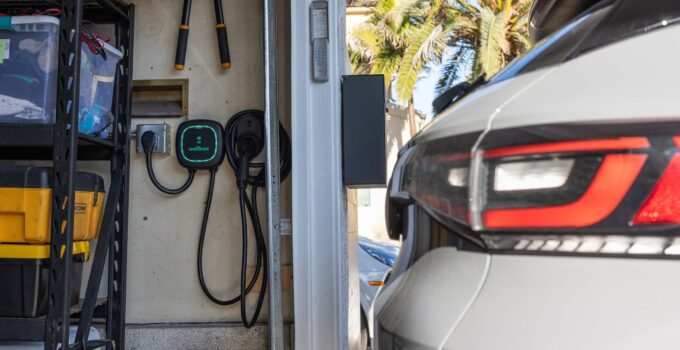Electric vehicle (EV) charging stations are becoming more common as more people turn to EVs as their primary mode of transportation. These stations come in different shapes and sizes and can be found in various locations, from public parking lots to private garages. One of the great benefits of EV charging stations is that they are environmentally friendly and use renewable energy sources. They also save drivers money in the long run, as recharging an EV is cheaper than filling up a gas tank. With the increasing popularity of EVs, it is important to become familiar with how to use charging stations. So, whether you are a new EV owner or just interested in learning more, let us explore the world of electric vehicle charging stations!
Different Types of Electric Vehicle Charging Stations
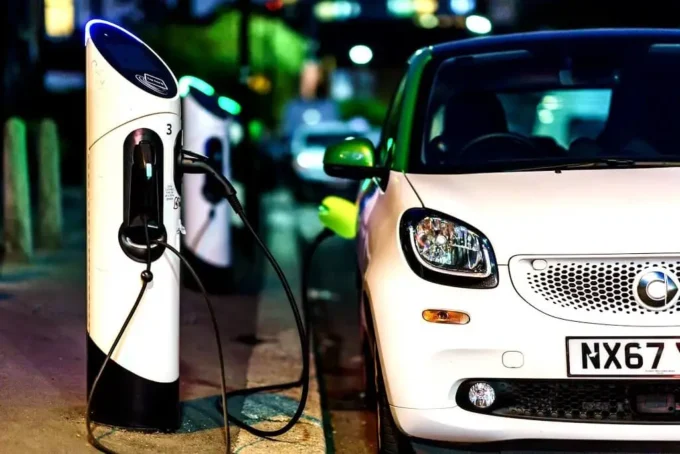
Source: evduniya.com
Have you ever wondered about the different types of electric vehicle charging stations? Well, wonder no more! Three main types are Level 1, Level 2, and DC fast charging.
Level 1 charging is the slowest, using a standard household outlet, and typically takes eight to 12 hours to charge an electric vehicle fully. Level 2 charging is faster and uses a 240-volt charger, typically found in public charging stations or at home with the installation of a special charging unit. DC fast charging is the quickest option, charging from 0-80% in as little as 30 minutes. These stations are usually found along highways or long-distance travel routes. Now that you know the differences, you can choose the best charging option for your electric vehicle needs!
Understanding the Need for Home EV Charging Stations
As more and more people switch to electric cars, the need for home EV charging stations becomes increasingly important. Not only do they provide convenience, but they also offer environmental benefits by reducing carbon emissions. Plus, having a home charging station means you can skip the hassle of searching for a public charging station and waiting for your car to charge.
Imagine coming home from a long day at work, plugging in your car, and waking up to a fully charged battery the next day. It is the ultimate convenience and an investment that pays off in the long run. Plus, with government incentives and tax credits available for installing home charging stations, switching to electric and installing your charging station is easier. In this scenario, local EV charger installers can be a great resource to help you with the installation process.
The Process of Installing an Electric Vehicle Charging Station
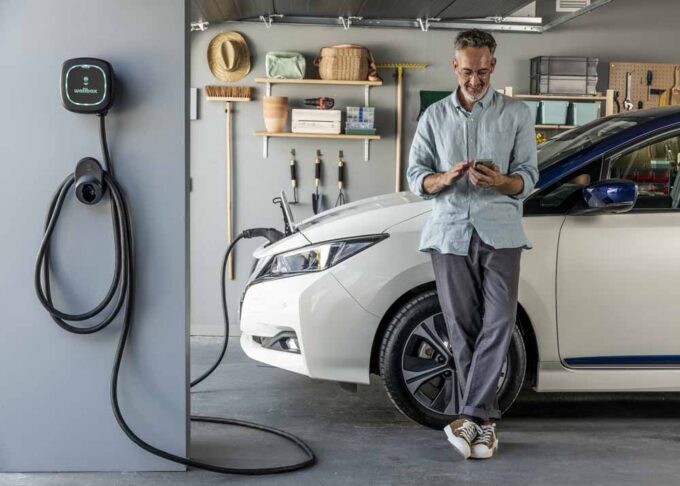
Source: smartchargeamerica.com
Installing an electric vehicle typically begins with finding a suitable location for your station, considering factors such as access to power and the overall layout of the area. Once a location is determined, you will need to decide what type of charging station you want – do you want a Level 2 charger, which will require a higher voltage and is suitable for overnight charging, or a Level 3 charger, which is more powerful and can charge your EV in 30 minutes or less?
From there, you must get the necessary permits from your local government and have an electrician install the charging station.
Professional vs DIY Installation: What to Consider
Now that you have decided to install an electric vehicle charging station, the next decision is whether to hire a professional or do it yourself (DIY). While installing a basic Level 1 charger may be a simple and affordable DIY project, more complex installations such as Level 2 or DC fast chargers should be left to professionals.
Professional installation ensures the charging station is installed safely and complies with all regulations. They will also be able to assess your specific needs and recommend the best type of charger and charging habits for your vehicle. Plus, professional installation often comes with a warranty, giving you peace of mind knowing that any potential issues will be covered.
However, if you choose to go the DIY route, it is important to research the installation process thoroughly and consult with an electrician if needed. Follow all safety precautions and regulations to ensure a safe and effective charging station for your EV.
Cost Factors Involved in EV Charging Station Installation
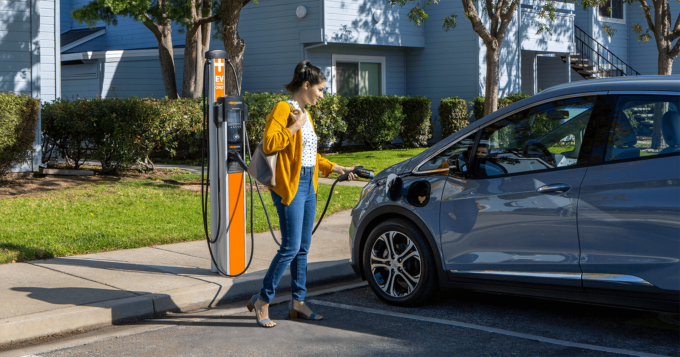
Source: chargepoint.com
Cost is an important factor when considering installing an electric vehicle charging station. The installation process can vary in price depending on factors such as the type of charger selected, the location and accessibility of your property, and any necessary electrical upgrades.
On average, a basic Level 2 home charging station can range from $500-$1,000 for equipment and installation. However, government incentives and tax credits may be available to help offset the cost. Additionally, installing a charging station at a commercial property can offer financial benefits such as attracting eco-conscious customers or employees.
Obtaining the Necessary Permits for Installation
Before installing an electric vehicle charging station, obtaining any necessary permits from your local government is important. Each city or municipality may have regulations and requirements for EV charging stations, so it is important to research beforehand.
Some common permits that may be required include building permits, electrical permits, and zoning approvals. These permits ensure the installation complies with safety and building codes, protecting you and the public. It is always best to consult with a professional or local government for guidance on obtaining the necessary permits for your installation.
Maintenance and Troubleshooting of EV Charging Stations
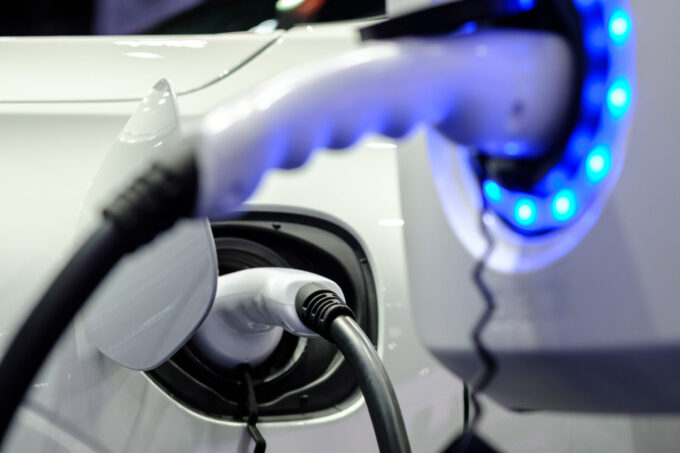
Source: 365pronto.com
Electric vehicle charging stations require regular maintenance to function properly like any other equipment. This may include periodic inspections, cleaning of connectors and equipment, and software updates.
If you encounter any issues with your EV charging station, it’s important to troubleshoot the problem or contact a professional for assistance. Common issues can include faulty wiring, damaged equipment, or software malfunctions. It is always best to address any issues promptly to ensure your charging station operates safely and efficiently.
In conclusion, understanding the need for home EV charging stations is crucial in switching to electric vehicles. The installation process involves selecting a suitable location, determining the type of charger needed, obtaining necessary permits, and considering professional vs DIY installation options. While cost may be a factor, there are financial incentives available to help offset the initial investment. Regular maintenance and troubleshooting are also important for ensuring the longevity and efficiency of your charging station. With the growing popularity of electric vehicles, installing a charging station at home or in a commercial setting is a smart and environmentally friendly decision.
So why wait?
Start exploring your options for installing an EV charging station today!

